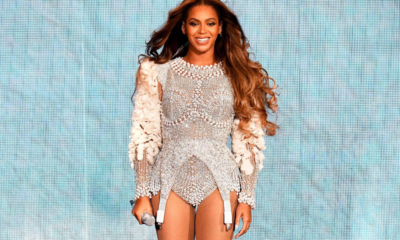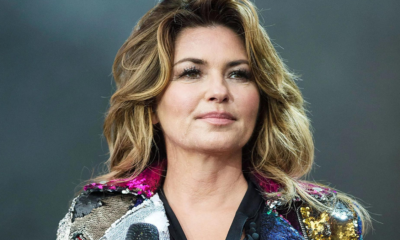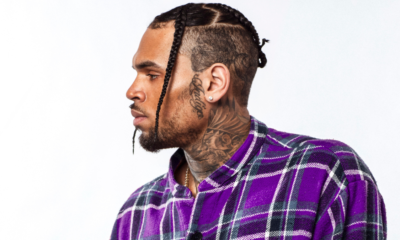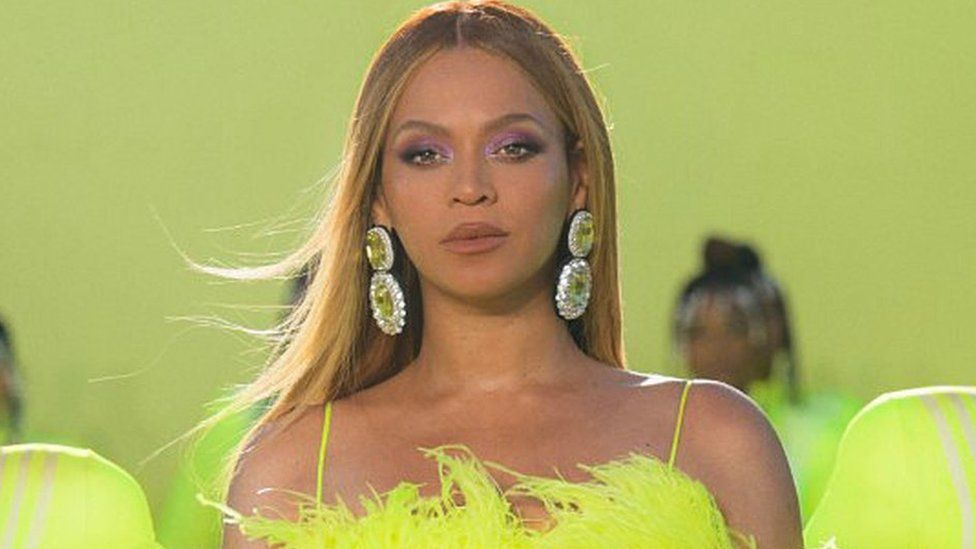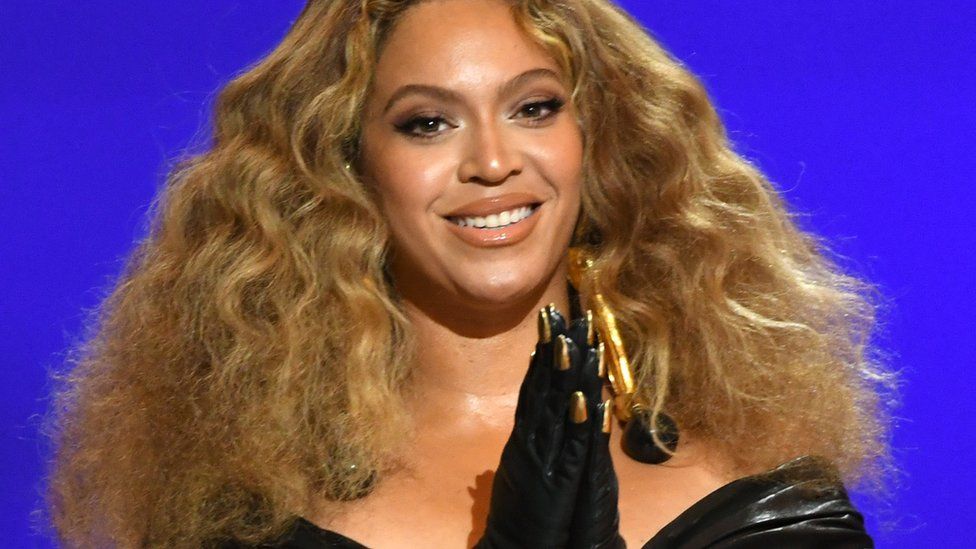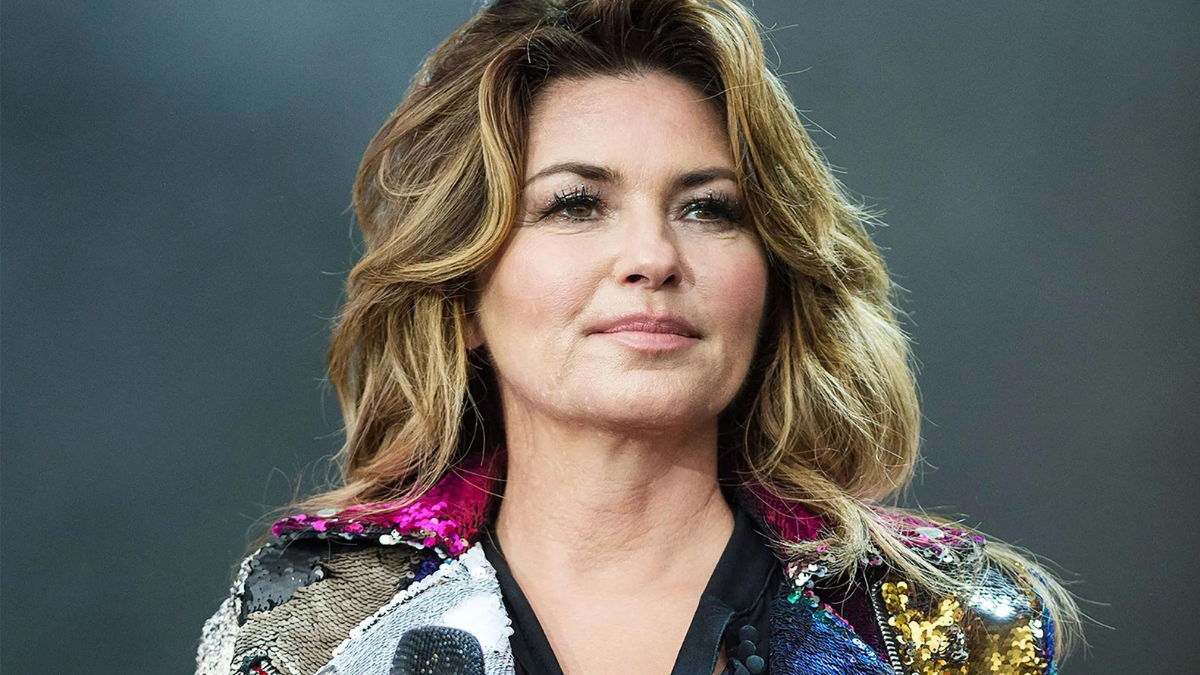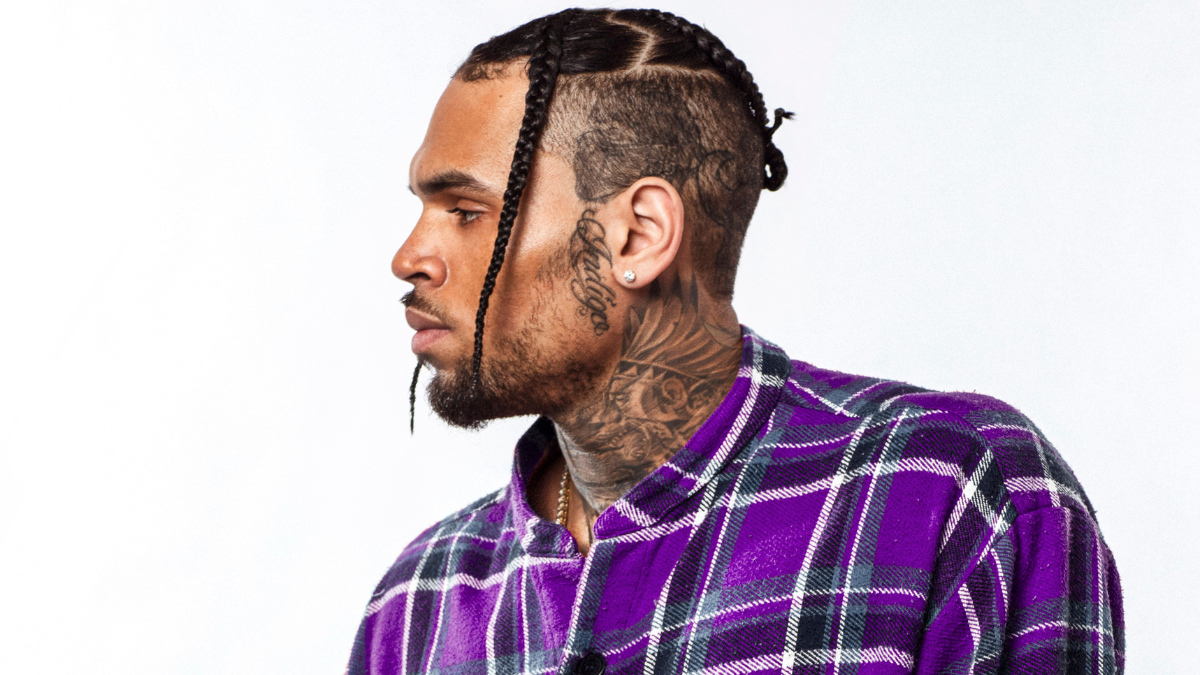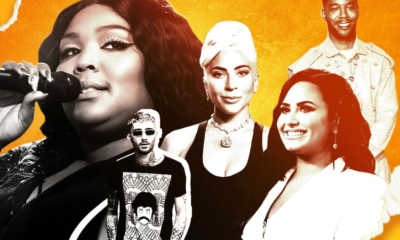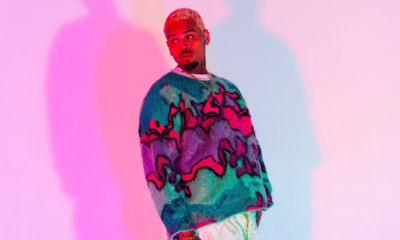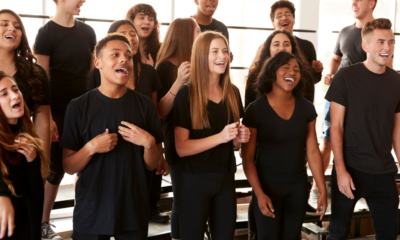TVM: Let’s go back to the beginning; when can you first remember being struck by a
vocalist? Who was your favourite as a child maybe?
MP: That’s a great question! I grew up in New York City in the 60’s and everything that
was popular at that time was R&B, there was no rock. All you heard on the radio was The
Temptations, Marvin Gaye, Diana Ross, you know? So it was everybody in that genre.
You could almost take anybody that was popular in the early 60’s or mid 60’s who was in
R&B and they were blowing my mind.
TVM: So did you want to be a vocalist initially?
MP: I wanted to be a singer as long as I can remember; I did my first gig when I was
three years old on stage you know? And it was in the papers; I’m from New York City so
you know it was like in Central Park. It was crazy, I was such a young child but I loved
being on stage.
TVM: When and how did you get into teaching it though?
MP: I got into teaching because as I got older, especially in the late 70’s and early 80’s, I
really got into punk rock, you know? There were a lot of punk bands and I really loved
that whole thing. And as time went on in the 80’s, punk sort of morphed into metal and
then some of that was while I was into death metal and really heavy kind of stuff. The
L.A. kind of punk was fading out. In about ‘87 all these kinds of rockers were coming
into our territory and I was like what the f—- is going on here? Who are these people?
But one thing that most intensely struck me about these bands was because even though I
didn’t care for their music, I had never seen so many beautiful women in a room in my
life. That made a big impression on a young man [laughs] so I decided it might be a good
idea to start singing in some of these bands. Little did I know that I ended up being
signed. And all these labels started seeing me as a rocker guy, but really I just wanted to
party. So I fell ass backwards into these deals because people wanted me to sing. And it
hit me that I had to put out records where I had to sing this crap.
TVM: So after that you…
MP: Well, fortunately the record executives at the time let me out of my deal; they could
see that I wasn’t the guy that anyone thought I was. So I wanted to just continue on doing
indie and punk rock, but then all these rockers wanted me to sing for these bands, some
pretty famous ones and I was like oh hell no, I’m not going to go on the road with these
guys. I mean I liked them, they’re all fun, but I couldn’t imagine being on a bus travelling
with them, so I said let’s make it easy, I’ll teach you how to sing, you become the singer
and that’s it, you don’t have to worry about getting a singer. A lot of guitar players would
come up to me and ask me to sing, but I’d say why don’t you sing and I’ll teach you?
And believe it or not next thing I know these people are signed and people are calling me
out of nowhere going hey can you teach me how to sing and I’m going what? At first I
wasn’t into it and then they went, no I’ll pay you! And I said how much? And they said
$25 for an hour and I went oh my god! To make a long story short, because I knew so
many people, I actually started getting good at what I was doing and developed my own
method; I’ve even taken from a few good vocal coaches.
TVM: Getting to your method though; how strict are you with your client; in the terms of
keeping their voice healthy and able to continue singing? What exercises do they go
through?
MP: 90% of the reason why people lose their voice on the road; because I work with a lot
of bands that are on the road, is fatigue and partying too much and talking too much. And
not taking care of themselves on just a basic fundamental level; just drinking and partying
too much is probably the most common reason. People aren’t going to say that, but that’s
what’s happening. The other thing, and the thing that I deal with besides that since I can’t
control what people do, and I tell them, please take care of yourself in every way
possible, drink water, don’t drink too much, and don’t talk too much, if you talk all day
and all night while you’re doing five shows a week. But the thing I notice as far as
technique-wise, the biggest problem I see people have both professionally and nonprofessionally
is just a lack of having really a definite, consistent idea of what breathing
can do and the kind they need to support their voices.
TVM: Are these mistakes you see a lot of your old and young clients do?
MP: What do you mean by old clients?
TMV: I mean people who have a little more experience in the business, and opposed to
newer, up and comers.
MP: It’s so funny you say that because I was just thinking to myself, who do I have that’s
old anymore? Everybody I work with is fairly young; there’s definitely nobody near my
age that I work with. But no, I see this almost with everybody; anyone who comes in I
feel has either been taught wrong about breathing or doesn’t do it well enough or doesn’t
do it consistently enough or doesn’t even think about it. Even the professionals who
know what they’re doing, their problem is consistency; they know how to breathe but
over time these lose it. But that’s when you become a vocal coach; you’re really that
coach that doesn’t let people slide, it’s very much like being an athletic coach.
TVM: At what point does an artist break away from their vocal coach? Is it ever an ego
thing?
MP: No, I’ve never experienced an ego thing, there’s just sort of a reality. I always say
I’m trying to work my way out of a job; once an act gets signed that I’m working with,
then they’re going in the studio, then they’re going on tour and then I’m not going to see
them until they’re back in town and stuff like that so I don’t really feel like, at least in
L.A. Though there are some people who may not be as public about having a vocal
coach, definitely that’s true, but that’s now what’s really happening in the background.
They’re definitely very happy to have someone help them with the most important thing
in their life that’s making them money, you know?
TVM: Some believe they don’t need vocal training, but even for the “born talents” why
should they see someone like you?
MP: It depends, I agree with that, some people are born talented but there’s a difference
between being talented and working as a professional, you know? When we hear you and
go “oh my god you have a great voice” you know, let’s say they do a 40-minute set once
a month, well that’s one thing, but let’s see six nights a week, three sets or you’re
travelling all over the world; then it becomes more about vocal health than vocal training
so that you can handle the load because it’s very intense on a performer to be on the road
for a long period of time. It’s very difficult physically, mentally, in every way to always
be at your best. So even if you have a lot of talent, I have to now build you up so you can
last through a long tour; I Skype with people just to keep them in shape.
TVM: What are your thoughts on modern voice modulation; auto-tune, etc?
MP: I guess I really don’t care about it that much; like it’s just sort of part of reality. A
lot of the time when there’s leaps in technology, I don’t really argue with it, it’s just
that’s what’s going on. There are people who are real singers, and then there are people
who are performers. I think auto-tune because you can’t sing is you not being able to
sing. And auto-tune because you’re the producer or you’re just trying to get stuff done or
a touch up here or there is fine, but if you’re using auto-tune because your singer cannot
stay on pitch, then you don’t have a singer; you’re fabricating one.
Some producers I know use auto-tune on great singers just to get that little bit of buzz
that people are used to; that sound of auto-tune, even if it’s not correcting the pitch. They
just like it as an effect; it really has nothing to do with the singer’s ability.
TVM: We’re currently having this conversation over Skype, and you mentioned you also
give lessons over it. Can you talk about that experience and how it benefits or doesn’t the
voice?
MP: I do a lot of Skype lessons, but to be honest with you, a lot of the times because I
Skype internationally and nationally, since I’m a Los Angeles industry vocal coach,
there’s also other guys here, guys in New York, guys in Nashville. The guys who are the
best of us are going to be wherever it’s happening because that’s where the business is; I
mean I probably do 30-40 lessons a week here. If you’re living somewhere that doesn’t
have this quality of vocal lessons from teachers, you’re going to get a lot more from a
voice lesson on Skype from a good coach then taking somebody who’s regional to you
who really isn’t as strong as we are. Also, you have to understand that people like us are
very tied in with the music industry, so we kind of know what’s going on before
something’s even happening so we also benefit people in being that counsellor kind of
role, someone who consult about what’s happening in the market-place that can help
singers too that someone not in L.A. might not know what’s going on.
TVM: You live in Los Angeles, but how has the industry varied in different cities you’ve
been to?
MP: That’s a really good question; I’d say Los Angeles is where contracts get signed. It’s
a production town, like this is a place where records get made. This is where all the labels
are; this is the music business and production heart. There’s stuff in New York, but not as
much here; I get so many people coming from New York to here all the time; producers,
famous artists. I never hear of anybody in L.A. going to New York very often. I never
hear anyone say “Oh, I need to go to New York to fill in the blank”.
But like in Nashville, it seems like a songwriter’s town. There are definitely producers,
but there’s a whole different culture of song-writing there, people collaborate a whole lot
more on songs. That’s kind of changing here; the issue though is that most of the lawsuits
in music are over song-writing, whereas in Nashville people seem to not give a damn;
they’re like “Hey, let’s just get together and write!” There’s a new generation of people
coming together, and I like that.
TVM: I’m curious too, because I’m from Canada and this magazine is based in Canada,
have you ever been there to do any music work?
MP: Not really, but I have been working with people from Canada and I’m a big fan of
many of their acts; such as Alice Glass from Crystal Castles, Grimes and Drake. There
seems to be more that I’m hearing from Canada than I have in a long time, in fact one of
my artists just got signed to a record label in Canada on purpose, because they wanted to
start their fan-base in Canada rather than be in America. I thought that a very interesting
way of looking at things. I feel like Canada to be honest is a little bit of an untapped
possible sleeping giant maybe.
TMV: On your website it says that you’re completely open to working with non-“A-list”
talent, what do you often see in them that you don’t with more established names?
MP: It’s funny I mean, there’s A-list talent and there’s A-list fame, you know? They’re
not always the same, but the ones you know about have the A-list fame. Everyone I’ve
worked with, I’ve seen great things, but I have passed on people who are fairly well know
because I didn’t want them to make me look bad [laughs]. And then you get these people
out of nowhere who are amazing…really f—ing amazing, you just go oh my god! I get
called mostly by managers and labels, so I get a lot of these up and coming artists that
have talent, but they just need to be tightened up or they’re losing their voice on tour or
the label or the manager is insecure about the singer’s level of strength. Just because
they’re not A-list, doesn’t mean that I don’t want to be part of them, this is where the
artist development part of things go.
TMV: So even say if someone from a random small town, completely off the radar, but
they can contact you, they can pay the price, basically does pure talent just really grab
your attention?
MP: There’s no reason for me at this point to take anybody just because they can afford
the price, you know what I mean? I’ve gotten to a point where I can kind of, not quite
pick and choose, but I have to have a feeling about something, like I can tell this person
wants to sing more than anything in their life. They may never go anywhere
commercially but if that’s their desire, then I want to give them their dream, you know?
The other side of it is that people are really delusional and I won’t take them. So in a
sense what you’re saying is true, but I got to have a feeling that I’m serving somebody;
that I’m not just enabling somebody, or taking their money because they can afford me, I
have to feel like what I’m doing is really important to them, for some reason that is
important to me; which could even be a non-professional desire, like somebody just
wants to learn how to sing. I’ve had people contact me and say “hey man, all my life I’ve
wanted to sing, I just want to learn how to sing” and I’m into that, I think that’s cool.
I’ve been doing this so long that status is not the thing that makes me jump over hoops
and you know, and the lack of status is not going to make me go “Oh no, you’re not good
enough for somebody like myself”; I just have a different kind of process.
TVM: Just to end off here, how does a vocal coach help establish a vocalist’s identity?
MP: I think that…that’s a really good question by the way! I think that identity is the
most important thing about a singer, period. I always say to somebody, you can sing
great, you can sound so good singing, but if nobody likes you and what you’re doing as
an artist, like they don’t feel you or your identity, then it doesn’t matter if you’re a great
singer. They’ll go “oh well they’re a great singer but they’re boring.” Identity is the most
important thing, so I think a good vocal coach, and this is what I strive to do, is to all the
time be reinforcing that thing you see as their strongest vocal element that is having the
most connectivity and impact.
I myself being a musician and having played in front of big crowds, I know what it’s like
to connect with a crowd. There’s a certain kind of identity that goes with that which
makes it happen. You can kind of define it that everybody has their own way of doing
that, and I think that a vocal coach has to be smart enough, or empathic enough to know
what that person’s identity is and to never let them leave it. It’s like you’re always
necessarily giving it to them, like being “oh you should be this”, you got to see it because
there’s something a vocal coach can’t do, they can make you sound better but they can’t
give you what only an artist can do, which is be an artist, that’s their job, my job is to
filter all the crap out of there to make sure that it’s just pure. And then also, I am a
consultant too, like I’ll have long talks about this with all my clients, like this is what I’m
getting from you, is this what you want? So I have to make sure that their identity is
solid, and is exactly how they want to represent themselves.
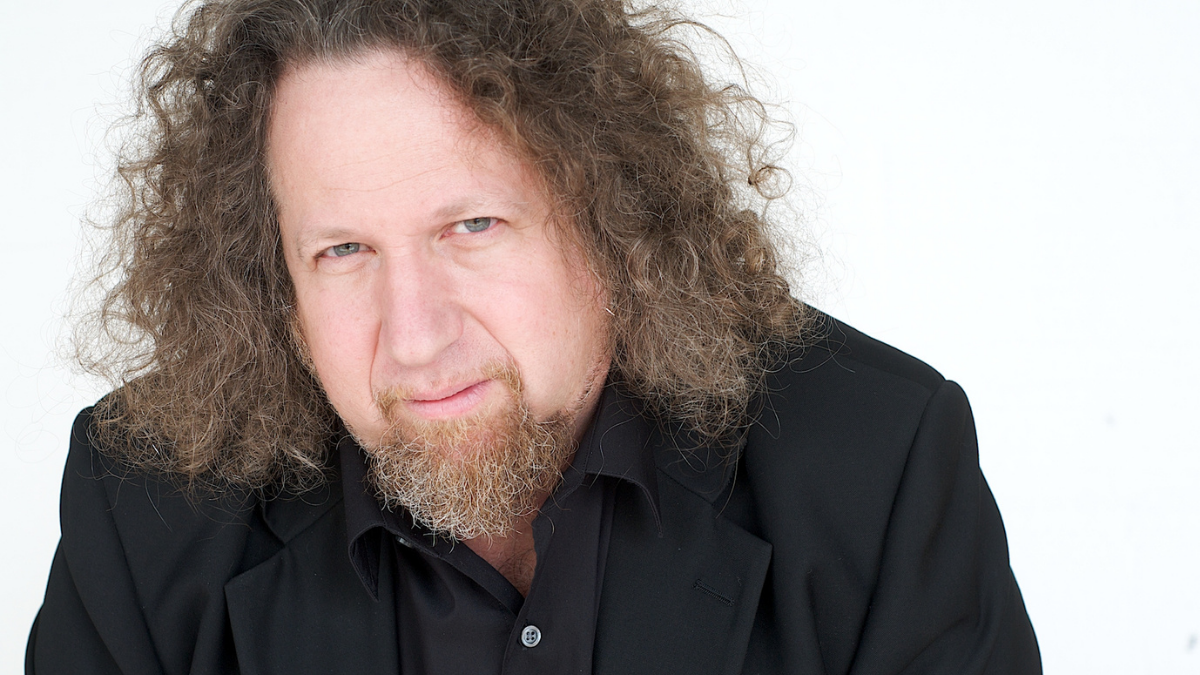

 Business3 years ago
Business3 years ago
 Business2 years ago
Business2 years ago
 Business2 years ago
Business2 years ago
 Business3 years ago
Business3 years ago
 Business3 years ago
Business3 years ago
 Business3 years ago
Business3 years ago
 Business3 years ago
Business3 years ago
 Business3 years ago
Business3 years ago



